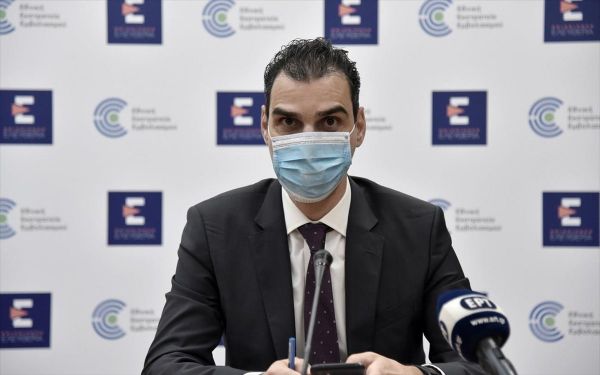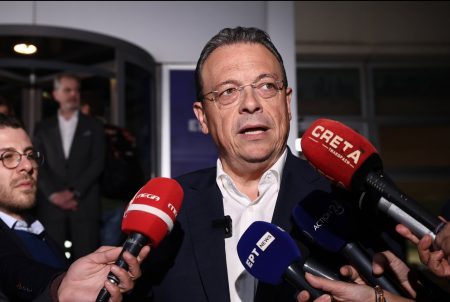The health ministry is poised to open a platform for patients in high-risk groups to make appointments for a third dose of the COVID-19 vaccine in September.
The formal announcement is expected to made today by the president of the National Committee on vaccination, Maria Theodoridou, and the ministry’s general for primary health care, Marios Themistokleous, who is responsible for managing the vaccine rollout.
The third dose will be made available to patients who have undergone organ transplants, who have had bone marrow transplants, who are cancer patients who have had chemotherapy, and patients with kidney disease.
Meanwhile, the ministry is also making preparations for a possible administration of a booster dose of the COVID-19 vaccine, pending approval by the European Medicines Agency (EMA) and the health ministry, for other categories of individuals, so that a comprehensive rollout plan will be in place when approval is granted.
The plan is to begin the rollout with doctors and healthcare workers, employees at facilities for physically challenged individuals and at old-age homes, and individuals over the age of 60 or 70.
For the last group at least, studies have indicated that eight months after full vaccination the effectiveness of mRNA vaccines is reduced.
Until now, the World Health Organisation has recommended that booster shots be administered only to people in high-risk groups.
The WHO has called for a moratorium in the administration of the third dose, with the exception of people in the most vulnerable groups, until 10 percent of countries that have no access to vaccines can be vaccinated.
The CDC is also recommending booster doses for members of high-risk groups
“The goal is for people to start receiving a COVID-19 booster shot beginning in the fall, with individuals being eligible starting 8 months after they received their second dose of an mRNA vaccine (either Pfizer-BioNTech or Moderna). This is subject to authorization by the U.S. Food and Drug Administration and recommendation by CDC’s Advisory Committee on Immunization Practices (ACIP). FDA is conducting an independent evaluation to determine the safety and effectiveness of a booster dose of the mRNA vaccines. ACIP will decide whether to issue a booster dose recommendation based on a thorough review of the evidence,” the CDC website states.
“However, COVID-19 constantly evolves. Experts are looking at all available data to understand how well the vaccines are working, including how new variants, like Delta, affect vaccine effectiveness. If FDA authorizes and ACIP recommends it, the goal is for people to start receiving a COVID-19 booster shot this fall.”



